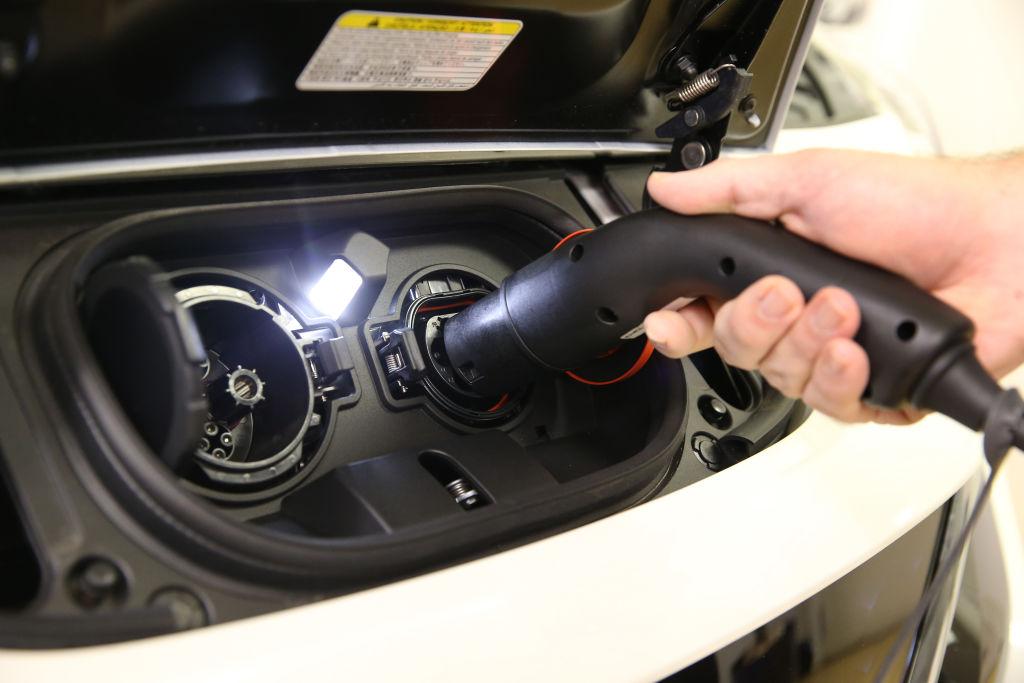The world’s largest investment fund BlackRock will invest $100 million (US$72 million) towards the rollout of 5,000 electric vehicle charging stations across Australia.
BlackRock Real Assets will acquire a stake in Australian electric vehicle (EV) charging provider JOLT Charge and will support its expansion by helping to build infrastructure that will encourage Australians to take up EVs faster.





